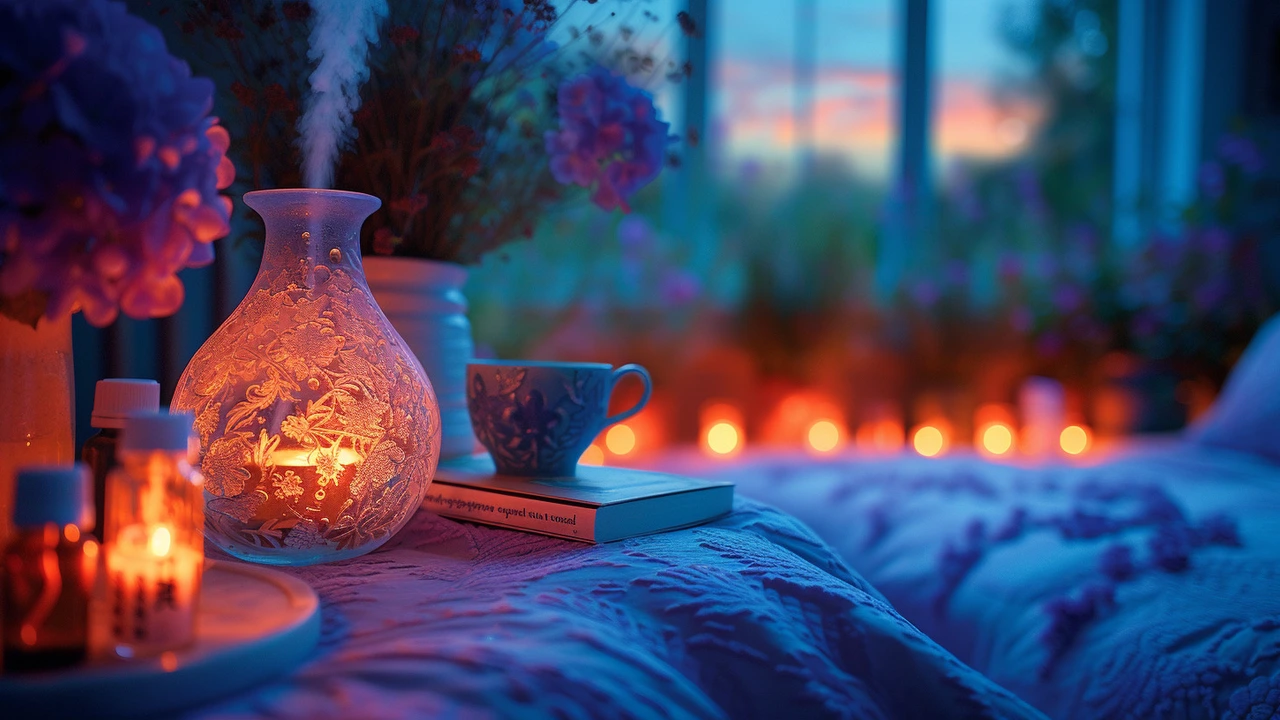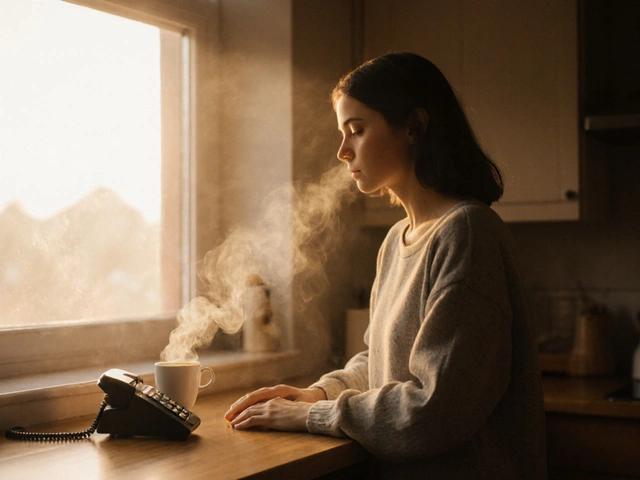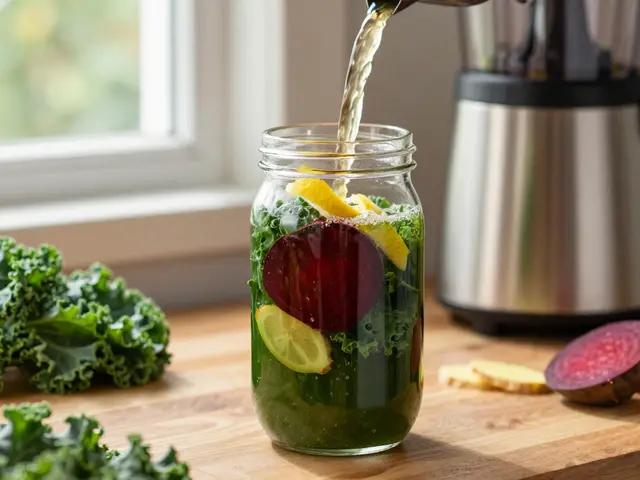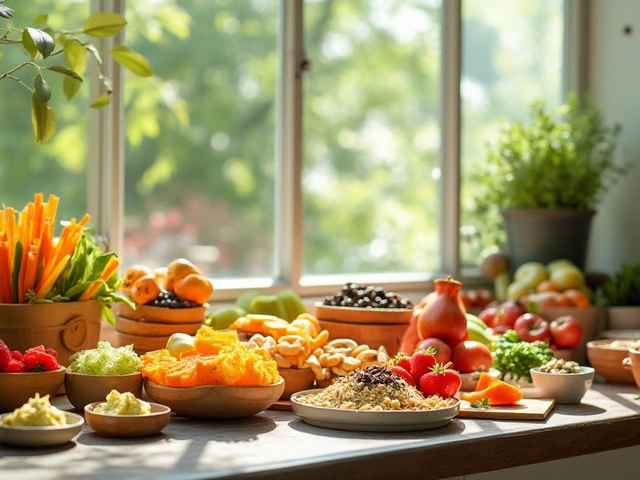
Understanding Aromatherapy and Its Origins
Now, I'm not here to brush over facts and move onto the next shiny topic. No, siree. Let's dig a bit deeper, shall we? Aromatherapy, as many of you will know, is a type of alternative therapy that uses essential oils and othe aromatic plant compounds to improve a person's health or mood. If you're wondering, "Addison, where did this all come from?", well, let's roll the time machine a little. The practice of using essential oils traces all the way back to ancient civilizations like Egypt, China, and India. These cultures employed aromatic oils for a range of remedial and spiritual purposes. While it's not exactly your daily cuppa, today's aromatherapy is more about holistic healing, targeting the mind, body, and spirit.
Why Aromatherapy is More than Just a Nice Smell
At this point, you might be thinking, "Isn't this just fancy potpourri and scented candles?" Well, not quite, my friends. Aromatherapy isn't only about transforming your home into a fragrant sanctuary, as lovely as that sounds. It dives way deeper. The magic weaves when these essential oils interact with your brain and influence your nervous system. Chemistry, darling, it's all about chemistry! When you inhale the aroma of these oils, they work like little messengers flying to your limbic system—that's the bit controlling your emotions, your memory, your stress! With these efficient mailmen delivering pure goodness to your noggin, it's no wonder aromatherapy is considered such a powerful tool against stress.
The Art of Choosing and Using Essential Oils
Now we're at the good part. Choosing an essential oil? It's like going to a candy store, full of inviting aromas and hidden delights. Though as any proper aficionado would tell you, quality is paramount. You have to ensure you are getting pure, therapeutic-grade essential oils and not an artificial concoction. Lavender, chamomile, ylang-ylang...there are truly a plethora to choose from! But mind you, each essential oil has a unique set of benefits. Say, lavender, my personal favourite, it's a soothing genie that takes you on a calm, serene journey — amazing for unwinding after a long day dealing with my dear daughter Mabel's antics. Frankincense, well, that's for uplifting your mood, getting you out of the funk when you're feeling low! See, it's almost as if there's an oil for every mood and need!
Aromatherapy for Stress: Does it Really Work?
Feeling a little skeptical? Relax, it's perfectly normal. But let me tell you, this isn't all smoke and mirrors — the benefits of aromatherapy on stress reduction are backed by science. There's a host of studies documenting the angst-alleviating properties of essential oils. In one such study, it was shown that aromatherapy significantly reduced stress levels among nursing students. Yes, actual students in the throes of nursing school! If that isn't a testament to the efficacy of aromatherapy, I don't know what is!
Let's Get Practical: How to Make Aromatherapy a Part of Your Life
If you're interested in dipping your toes into the aromatic waters of aromatherapy, I have got some tips for you. Firstly, diffusers. They're your best friends in the world of aromatherapy. You got your oils, now let's spread their goodness all around. Diffuse some calming lavender before bedtime or invigorating citrus during your morning wakeup. Full-scale spa experience? We've got it sorted. Secondly, use oils topically. There's nothing like a soothing massage with essential oils to melt the stress away. Lastly, be mindful of the magic happening! Allow yourself to tune into the fragrance and reap the benefits of relaxation these oils offer. Remember, it's a holistic journey to well-being — tangible and often, pretty amazing!





